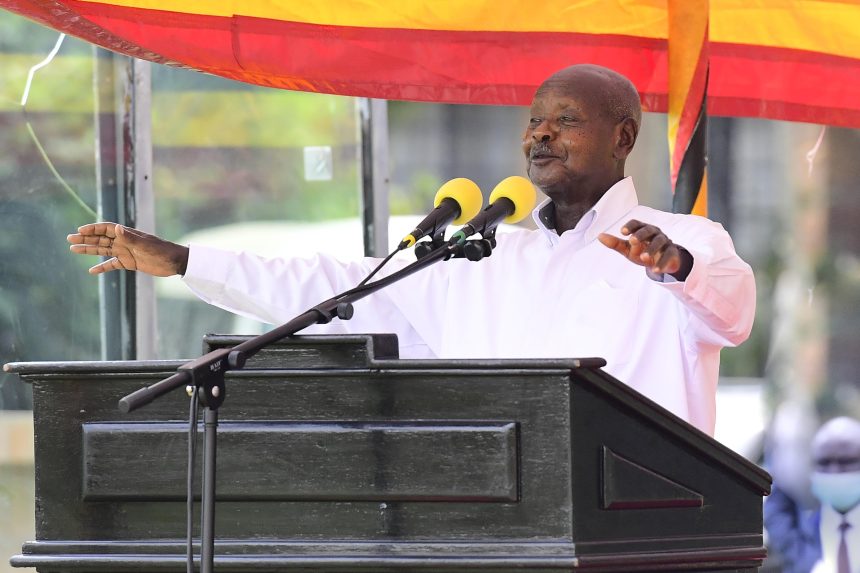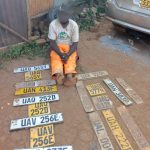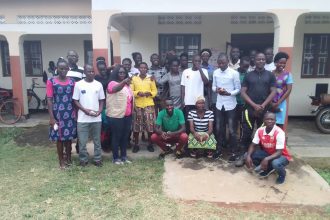In a statement addressed to the Ugandan public, particularly the Bazzukulu (youth), President Yoweri Kaguta Museveni strongly defended the practice of trying certain civilians in the Court Martial, affirming that it has been pivotal in maintaining peace and stability in Uganda. The President addressed concerns raised by some lawyers, who questioned the legality of civilians being tried by the military court system, reaffirming that the decision was both justified and essential.
Speaking on the matter, President Museveni explained that the law enabling civilian trials in the Court Martial was enacted in 2005 by the National Resistance Movement (NRM) to combat the rising menace of armed criminals and terrorists who were indiscriminately using guns to kill civilians. He emphasized that civilian courts, which were already overloaded with various cases, could not swiftly handle the criminal activities of those using firearms to destabilize the country. The President explained that in such a situation, speed was essential for stabilization.
“The NRM made the decision because these individuals, although not soldiers, voluntarily took up arms with malicious intent, thereby posing a threat to society,” Museveni said. “Guns should only be in the hands of the Armed Forces, and those who unlawfully wield them must face the consequences in a system that can address these crimes quickly.”
The President also highlighted the efficiency of the Court Martial system in swiftly handling these cases. He assured Ugandans that the Court Martial system is subordinate to the country’s general courts, meaning that any injustices or errors could be corrected by the superior courts. However, in the meantime, individuals charged with such offenses are detained, fed, and given medical treatment by the State, all while being kept away from causing harm to the public.
“These individuals, while incarcerated, are prevented from carrying out further attacks on innocent civilians, which could otherwise end in their own deaths during clashes with law enforcement,” Museveni added.
During his recent tour of Karamoja, the President shared that he had received pleas from local leaders and elders to pardon many of the Karamojong youth who had been placed in prison by the Court Martial. He noted that Kitalya Prison alone holds approximately 2,000 inmates, with around 900 of them being Karamojong youth, many of whom had been detained as part of the military’s efforts to restore peace in the region.
Museveni credited the efficiency of the Court Martial for the peace now present in Karamoja and its neighboring areas. He contrasted this with the inefficiency of civilian courts, where criminals are often granted bail or kept on remand indefinitely, leading to a backlog in the system. The President praised the military courts for their focused approach, which quickly identifies the guilty, convicts them, and sentences them while giving the innocent an opportunity to be released.
Reflecting on this, the President even suggested that if a referendum were held in the regions neighboring Karamoja, the people would overwhelmingly support the law and the work of the Court Martial. He reiterated his appreciation for the Court Martial, calling it an essential tool in ensuring peace in Uganda.
To further this effort, President Museveni instructed the Chief of Defence Forces (CDF) to audit the current prisoners in Kitalya and other prisons to determine which of the detained Karamojong youth can be pardoned and reintegrated into society, while those who remain a threat will continue to face legal action.
Concluding his statement, Museveni expressed his gratitude for the work of the Court Martial and its contribution to the nation’s peace, signing off with his familiar title, “SSAABALWANYI, THE OLD MAN WITH A HAT.”
Signed:
YOWERI K. MUSEVENI
SSAABALWANYI, THE OLD MAN WITH A HAT.




















